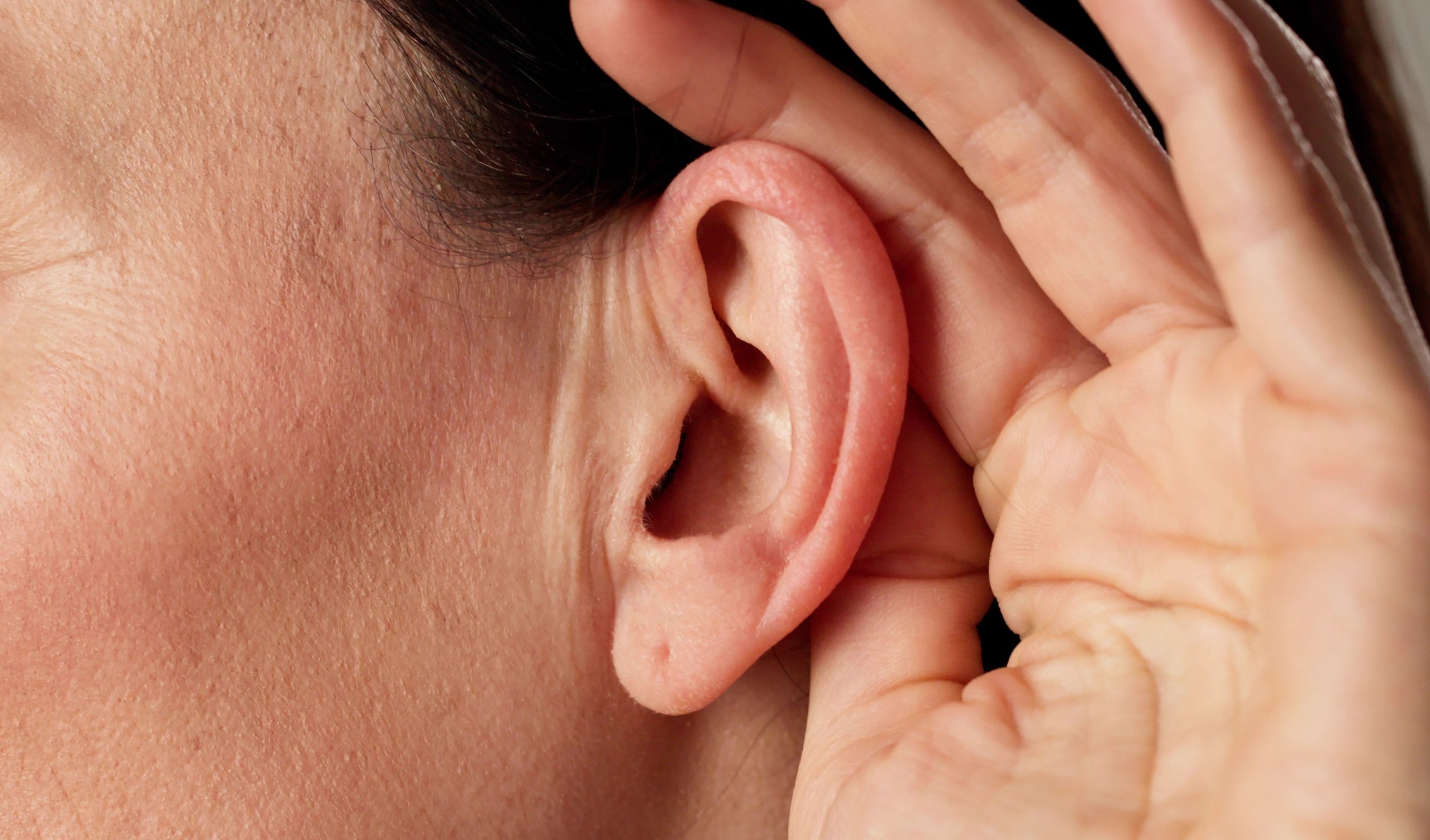We don’t really appreciate how important hearing is until it starts diminishing. Those with hearing loss and their loved ones might realize then that this is an essential part of most people’s communication and connection. Biotech company Frequency Therapeutics has found a way to reconnect those with hearing loss to those around them, giving them back their hearing with a new kind of regenerative therapy.
Progenitor cells
Instead of using hearing aids or implants, Frequency Therapeutics aimed to reverse hearing loss via progenitor cells. These are a kind of stem cells in the inner ear and generate hair cells in human ears in utero. They stop working before birth and stop creating the hair cells in the cochlea that allow us to hear. There are about 15,000 of these little hairs in the ear that deteriorate over time.
Frequency Therapeutics designed a drug to be injected into the ear to regenerate these cells, and its first study has already seen resounding success.
Over the course of three separate clinical studies, Frequency has given over 200 patients this drug and achieved statistically significant improvements in speech perception, the main improvement they were looking for, with only one injection.
“I wouldn’t be surprised if in 10 or 15 years, because of the resources being put into this space and the incredible science being done, we can get to the point where [reversing hearing loss] would be similar to Lasik surgery, where you’re in and out in an hour or two and you can completely restore your vision,” says Jeff Karp, Harvard-MIT Health Sciences and Technology affiliate faculty member. “I think we’ll see the same thing for hearing loss.”
Improving more than just hearing
The initial breakthrough for this treatment occurred in 2012, when the team, made up largely of MIT researchers, discovered they were able to use tiny molecules to turn progenitor cells into thousands of hair cells. No one had produced as many before, and the founders of Frequency Therapeutics believe that using these molecules to turn progenitor cells into more specialized cells might replace gene therapy in the future.
Source study: Reversing hearing loss with regenerative therapy | MIT News | Massachusetts Institute of Technology
This story was part of our Best of 2022 series highlighting our top solutions from the year. Today we’re featuring health-focused solutions.











